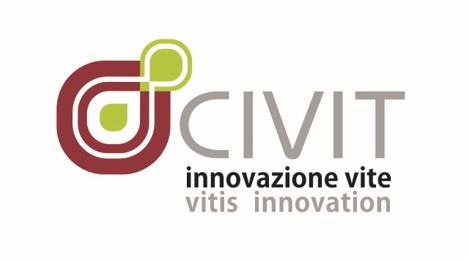Project in brief
Innovation in the viticultural sector plays a pivotal role both in making the sector more competitive and in addressing the sustainability targets that institutions and markets advance. Within this context, the licensing of innovative genetic materials is crucial since it represents the main way through which innovation is disseminated. The project aims at investigating the different contractual models which are employed to transfer innovation in viticultural genetic materials, paying special attention both 1. to the fact such contracts reflect the peculiarities of the legal tools employed to protect the materials to be transferred and 2. to the fact that they are increasingly transnational in character, since they often involve parties operating in different legal systems.
Project objectives
- To identify the multiple subjects and relations involved in the transfer of innovative genetic materials.
- To analyze the existing contractual models employed to transfer innovative genetic materials.
- To create and refine contractual models that can support plant breeders, nurseries and other professional operators involved in the transfer of viticultural genetic materials in their daily activities.
Impact
Access to innovative viticultural materials is crucial in making economic operators more competitive in international markets and in addressing the sustainability goals that society, institutions and markets require more and more. This is clearly the case of the European Union that, in the Farm to Fork Strategy of 2020 has posed ambitious sustainability goals that can be achieved only if innovative solutions are made available. In its turn, the availability of such solutions depends on the legal tools through which innovation is transferred. The project aims at
- filling a gap in the literature concerning the licensing agreements employed in transferring genetic materials
- develop contractual models that economic operators (e.g. research institutions, breeders, nurseries) will adopt in their activities.
Funding
This project has received funding from the University of Trento and from CIVIT, a consortium representing plant breeders (in particular: Fondazione E. Mach) and plant nurseries (in particular: Vivaisti Viticoli Trentini) in Trentino.

Team
- Matteo Ferrari
- Arturo Pironti
- Costanza Lazzarin

